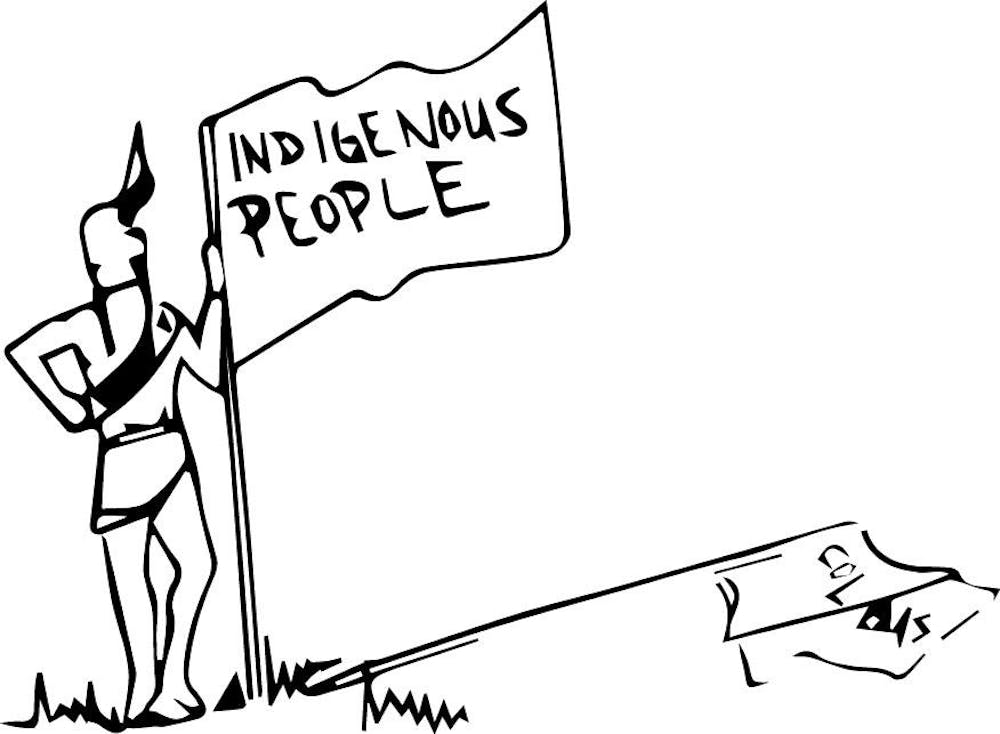There’s a difference between recognizing history and glorifying it.
Since 1937, the United States has officially recognized Columbus Day as a quasi-official federal holiday. The day, meant to commemorate Columbus’ 1492 arrival in the Americas, has been touted by many as a major historical occurrence given the “discovery of the Americas.”
Meanwhile, others have condemned it as a holiday commemorating a man whose actions would set in motion the eventual genocide and destruction of countless existing cultures across the Western hemisphere.
Recently, the city of Minneapolis decided to take a stand in how it “celebrates” the arrival of Columbus. The Minneapolis city council, in a unanimous vote, moved to recognize Indigenous Peoples Day on the same day as Columbus Day starting next year. Indigenous People’s Day will now be celebrated on the second Monday of every October. And the Editorial Board applauds the city’s move.
Despite the fact that the city’s decision will likely be seen as an escalation in our country’s continuing culture wars, the symbolic recognition of indigenous peoples is a necessary and justified step in reconciling the white-washed narrative of history we’ve been taught since elementary school and the reality of what actually happened.
What should also make us take pause is that there are people who would rather not present this untold — or purposely forgotten — side of history. One of those people is Purdue’s current president and former Indiana governor Mitch Daniels.
In July of last year, emails obtained through a Freedom of Information Act request revealed Daniels attempted to stop the works of historian Howard Zinn from being taught in Indiana schools.
Zinn, the author of a “A People’s History of the United States,” has been both credited and criticized for authoring historical records from the viewpoint of those whose plights have been marginalized, if not completely ignored, in the majority of texts taught in school.
The attempted revisionism by one of our governors should make us weary of the history we’re sold, while also making us appreciative of IU’s commitment to diversity of thought.
After all, it was IU using Zinn’s texts in a course on feminism, civil rights and the labor movement in the School of Education that prompted Daniels to write, “This crap should not be accepted for any credit by the state. No student will be better taught because someone sat through this session.”
The Editorial Board disagrees. It’s this sort of mindset that continues to blind a lot of people to the historical disenfranchisement that continues to affect indigenous Americans within and outside the Untied States.
Additionally, the ignorance surrounding indigenous peoples inside our own country had led us to have embarrassing debates that should not longer be the debates, like the Redskins’ refusal to change their name despite it being a racial epithet or the use of Native American headdresses as fashion accessories.
This is why Minneapolis recognizing Indigenous Peoples Day is so important. Though it might only be a symbolic gesture, it’s an important one nonetheless.
opinion@idsnews.com
@ids_opinion
Indigenous peoples get their day

Get stories like this in your inbox
Subscribe




